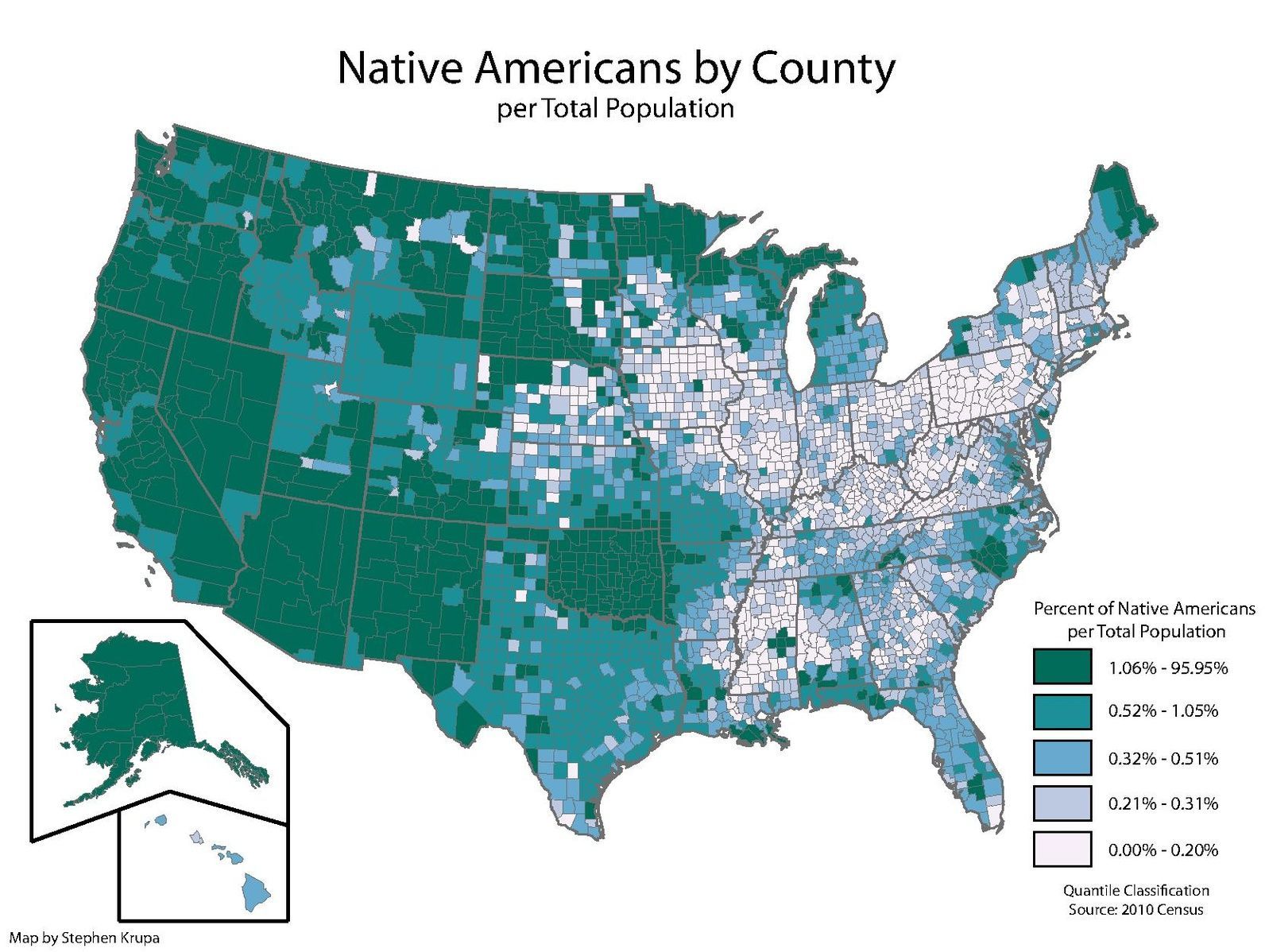agribusiness
The set of economic and political relationships that organize food production for commercial purposes
Transhumance
seasonal migrations following animal herds & areas where native plants were in fruit
metes and bounds
a system of land surveying and description that utilizes physical features, directions, and distances to define the boundaries of a property

bid rent curve
explains how the price and demand for land change as the distance from the (CBD) increases

debt for nature swaps
a financial agreement where a portion of a developing nation's foreign debt is forgiven in exchange for local investments in environmental conservation efforts
infrastructure
the basic physical and organizational structures and facilities needed for a society or enterprise to function, including things like buildings, roads, power supplies, and communication networks
crop rotation
the practice of planting different crops in the same field in a specific sequence over multiple growing seasons
long lots
a land survey system where land is divided into long, narrow strips, often along a river or other transportation route, ensuring each landowner has access to the resource

commodity chain
a linked system of processes that transform raw materials into finished goods and distribute them to consumers
farm subsides
financial assistance or incentives provided by a government to farmers, agricultural businesses, or agricultural organizations
reservoirs
a body of water, either natural or artificial, created to store and regulate the flow of water for various purposes, including irrigation, drinking water, and electricity generation
salinization
the process where soil becomes increasingly rich in soluble salts
township and range
a survey system used to divide land into organized squares, primarily in the United States

vertical integration
a company acquiring or merging with other companies at different stages of production or distribution of the same product or service
organic farming
an agricultural system that avoids the use of most synthetic pesticides and fertilizers, bioengineering, and ionizing radiation, and emphasizes ecological balance and sustainable practices
1st agricultural revolution
The slow change from hunter and gather societies to more agriculturally based ones primarily through the domestication of plants and animals and the gradual understanding of seeds, watering, and plant care
2nd agricultural revolution
a period of significant advancements in farming practices that coincided with the Industrial Revolution; it involved the mechanization of agricultural production, advances in transportation, development of large-scale irrigation, and changes to consumption patterns of agricultural goods.
3rd agricultural revolution/green revolution
the period starting in the mid-20th century that saw significant advancements in agricultural technology, including hybridization, genetic engineering, and increased use of pesticides and fertilizers
plantation agriculture
Large farms that are reliant upon low-wage labor & one farm product
(monoculture) or specialized crops intended for export to other parts of the world
slash and burn
in tropical rainforest regions with farmers shifting from one plot of land to another every few years as soil nutrients become depleted
intensive agriculture
requires lots of labor inputs or is focused on a small plot of land, or both
extensive agriculture
requires limited labor inputs or is spread across large areas of land, or both
subsistence agriculture
Intensive mixed farming that provides for all of the food and material needs of a household
commercial agriculture
farming for the purpose of selling crops or livestock, rather than solely for self-consumption
von thunens model
a geographical theory that predicts agricultural land use patterns based on the cost of land and the cost of transporting products to market
